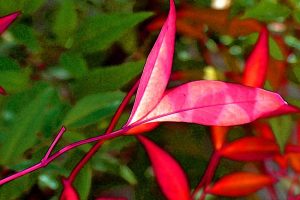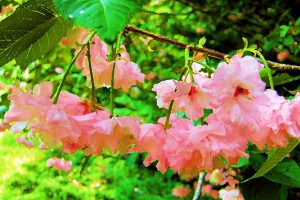— Carmen Agra Deedy
For writers, readers, Scrabble, crossword and word gamers like me, Succeed and Soar’s “Word Witty” posts offer little puzzles that strengthen a precious tool: Vocabulary.
Please enjoy.
Sandra Gould Ford
Presenting arts experiences to encourage, refresh, enrich creative thinking and inspire.
Image Source
8-minute Video
6-Minute Video of Ancient Ethiopian Structures
Puzzles

Art also on totes, weekenders, tee shirts, journals, puzzles, phone cases, ornaments, face masks, towels, blankets, cups, pillows, shower curtains and more.
This puzzle illustrates words spoken by a marvelous character in my first novel, Faraday’s Popcorn Factory,
Each item is custom made, just for you.
- Puzzles are made from premium 0.2” thick paper stock
- Include a semi-gloss coating that makes the top vibrant
- Arrives in a puzzle box with artwork printed on top for safe storage
- Puzzle pieces are unique shapes
- 18×24-inch 500-piece puzzle is $40—
- 20×28-inch 1,000-piece puzzle is $44.50
CUSTOMIZE. Use tools with item to:
- Enlarge, reduce size of art
- Change placement of art and text
- Choose background colors
Shop All Collections HERE.
Word Witty Answers
- ELATES makes proud or joyful; fills with high spirits, exhilaration, or optimism; “to raise, elevate,” probably from the Latin elatus, “uplifted, exalted”
- STELAE an upright stone or slab with an inscribed or sculptured surface, used as a monument or as a commemorative tablet
Greek for “standing rock, slab” from Proto-Indo-European stel– “to put, stand”
the central core of tissue in the stem or root of a vascular plant, - TEASEL any of several plants of the genus Dipsacus, native to the Old World, having flower heads surrounded by spiny bracts;
a wire device that produces a napped surface on fabric; from Old English tæsel,
a “large thistle used in teasing cloth,” from the Proto-Germanic taisilo and Old High German zeisala, built from the root of the Old English tæsan, “to pluck”








